1 – France’s ‘Black Vests’
The “Yellow Vests” in France have been replaced by a new protest movement, representing a new demographic: on July 12, 2019, 700 members of the “Black Vest” movement rushed and occupied the historic Pantheon in Paris. The ‘Gilets Noir’ is a movement of undocumented migrants, predominantly from North Africa whose central demand is resident status for all migrants in France. They are also demanding full observance of their human rights, including their right to asylum, permanent employment, the cessation of “racist treatment by law enforcement agencies” and the closure of refugee detention centers.
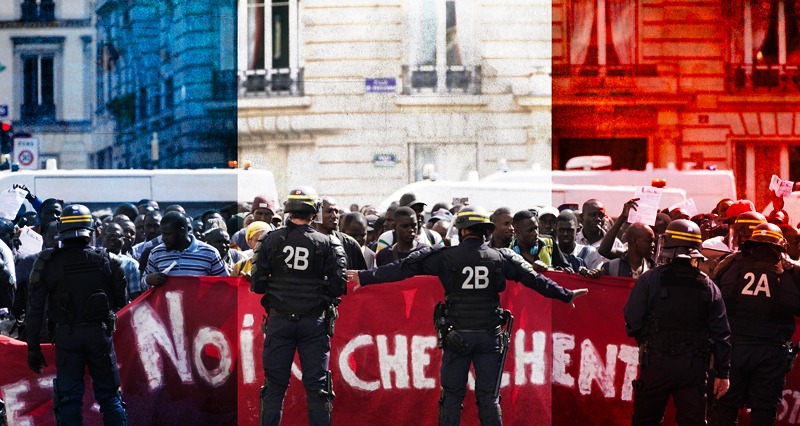
On June 12, the Black Vests organized a demonstration where they occupied the office of the French multinational commercial catering and food service company Elior in the business district of Paris. Elior was chosen because of its use of illegal migrant labor. The protesters said that Elior had regularly refused to pay migrant employees over time, and in some cases had withheld their pay altogether. When employees raised this issue, the company threatened to inform the immigration authorities. In May, the Black Vests organized protest actions in Terminal 2F in Charles de Gaulle Airport (the location of Air France’s office) demanding the airline stop the deportation of undocumented migrants.
Envahissement du Panthéon par les Gilets Noirs.
Papiers et liberté !!! pic.twitter.com/P0royjsz8p— Groupe Ayanarchiste Alhambrakamura (@AlhambraGrAn) July 12, 2019
However, some experts believe that the Black Vests’ are being used to discredit the long-term Yellow Vest protests against Macron. Moreover, French media has reported that the movement is backed by billionaire George Soros, who has used his fantastic wealth to enact large-scale demographic shifts in Europe, an effort which has been referred to as the “Great Replacement” (“le grand replacement”). The theory of the great replacement was developed by French political analyst Renaud Camus, who wrote that the European population of the EU will soon be replaced (remplacés récalcitrant) by migrants from the Middle East and North Africa. Camus goes as far as to describe the phenomena as “the colonization of Europe.”
“The Great Replacement is in no way a “theory”… It is an appellation for a period of history, such as the Hundred Years War, the Wars of Religion, the Fronde, the French Revolution, the Restoration or the Great War. It is a name, necessarily approximate, for a phenomenon, the most important in the history of France for fifteen centuries, because with other peoples, if history continues, it will no longer be the history of the French. Other names could have done as well: invasion, colonization, Second Occupation, change of people and civilization, ethnic substitution, genosuicide, “genocide by substitution”, as Aimé Césaire, the communist poet, said regarding another topic (metropolitans in the French West Indies).”
“We can say that in the current political situation in France, there are four protagonists:
-
“The Replaced” who resist (remplacés récalcitrants)- these are people like you, like me, the “autochthons”, those who refuse to be colonized.
-
“The Replaced” who have reconciled with things, given up, or don’t see a problem with the change (remplacés consentants).
-
“The Replacers” are those organizing the substitution of the indigenous people. Both left and right-wing politicians are involved in the efforts.
-
And finally, “the Replacing” (remplaçants), the new or future inhabitants of Europe.
The second and third groups need to be considered together, as they go in the same direction and will end up being swallowed by the fourth. Thus, in fact, there are only two groups: those who want to conquer us and those who resist it.”
2 – EU: Reaping the bitter fruits of 2015’s migration policy
According to Eurostat, in 2015, EU member states received more than 1.2 million applications for asylum, more than twice the amount that applied in 2014. Four states (Germany, Hungary, Sweden and Austria) received about two-thirds of EU asylum applications in 2015. More than a million migrants crossed the Mediterranean Sea in 2015, although the number did significantly decrease the following year (to 364,000).
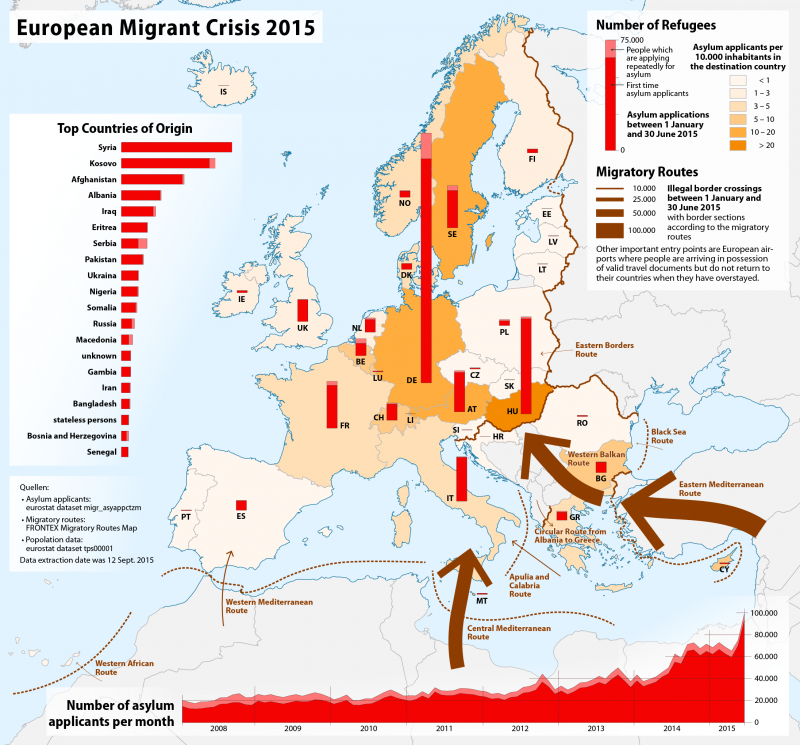
The main flux of migrants came from the countries in North Africa, the Middle East and South Asia. Over 1.8 million refugees and migrants came to the EU in 2015. The sharp increase was a result of destabilization in the Middle East and North African, including the civil war in Libya, the Arab Spring, the war in Syria, the religious wars in Niger and expanding terrorist occupations. The EU did not have a developed model for migration or cohesive policy: the budget was calculated without taking into account the refugee influx factor, border checkpoints were extremely lax and refugee camps were poorly planned. Some measures were taken to alleviate the situation, but they were mostly too little too late. An agreement between the EU and Turkey was enacted only at the end of 2015, wherein 3 billion euros were given to Ankara for the construction and maintenance of refugee camps.
French political scientist Pierre-Antoine Plaquevent’s study “Soros and open society: a meta-policy of globalism” (Soros et la société ouverte. Métapolitique du globalisme. 2018) notes that the formation of EU migration policy was greatly influenced by the ideas of Soros, a man who has become known as the “black cardinal of the migration crisis.”
https://www.youtube.com/watch?v=Y_9swDDOSgU
One of Soros’s central ideas that he advances through various think tanks and NGOs is to abandon national borders. The refugee crisis can hardly be called a natural phenomenon: it is a political strategy.
In 2015, Sky News reporter found what became known as the “Migrant Handbook” on the Greek island of Lesbos. It later emerged that these manuals, written in Arabic, were given to refugees before the crossing of the Mediterranean by a group called “Welcome to the EU”. The group is directly financed by the Soros Open Society Foundation.
Soros did not just support groups advocating for the resettlement of migrants from the Middle East and North Africa, he helped to develop the “Merkel Plan”, which was crafted by the European Stability Initiative (ESI), whose chairman Gerald Knaus is a senior researcher at the Open Foundation society. According to this plan, Germany will provide asylum to 500,000 Syrian refugees.
The migration crisis has naturally caused serious concern throughout Europe. A vivid example is the reaction of Hungarian Prime Minister Victor Orban, who is now known for his opposition to EU migration policy. In response to the daily flux of 7,000 migrants to the territory of Hungary in 2015, the Hungarian government organized strict border controls in defiance of EU leadership.
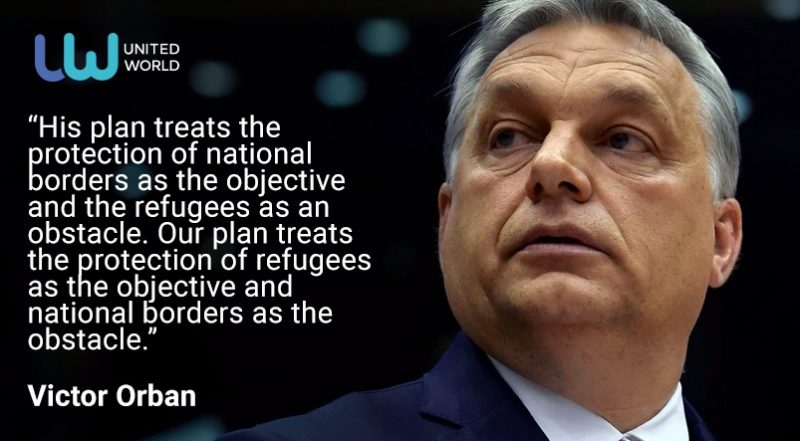
Soros’ ideological ally, the Clinton family, instantly issued a statement accusing Hungary (and Poland who took similar measures) of thinking that “democracy is too problematic,” suggesting that they want to have “an authoritarian dictatorship like Putin.” Orban replied to the accusations, pointing out that “[t]he remarks made about Hungary and Poland … have a political dimension. These are not accidental slips of the tongue. And these slips or remarks have been multiplying since we are living in the era of the migrant crisis. We all know that behind the leaders of the Democratic Party, we have to see George Soros.”
He added that, although the mouthpiece, in this case, was the Clintons, the voice belonged to Soros.
Soros himself had this to say about Orban’s migrant policy: “His plan treats the protection of national borders as the objective and the refugees as an obstacle. Our plan treats the protection of refugees as the objective and national borders as the obstacle.”
EU migration policy has also aroused heavy criticism in Western Europe, especially among Euroskeptics, who have strengthened their political positions in Italy, France and Germany. Italy’s Interior Minister Matteo Salvini has often criticized Germany, France, and Soros, claiming their policies and ideas fail to take into consideration the position of countries like Italy, who have faced the brunt of the migrant influx.
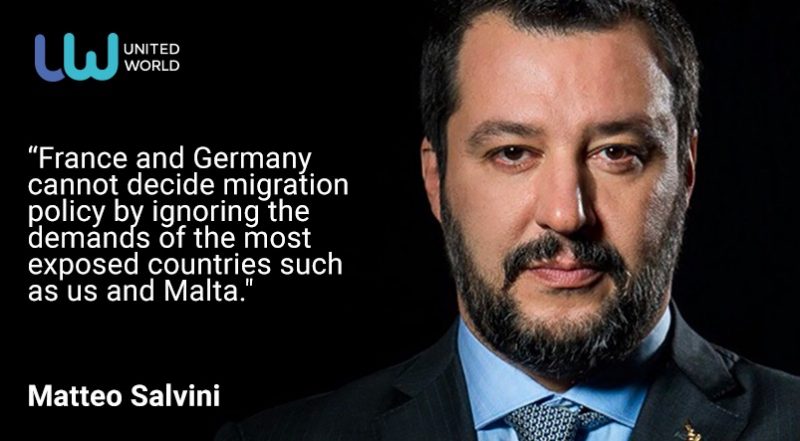
3 – Chaos in Libya
Most migrants enter the EU through Italy from the coast of Libya. The staff of the Libyan coast guard received special training, funding and necessary equipment from the EU to handle the situation… however, this did not result in any significant changes in the flow of migrants. The fight against illegal immigration from North Africa is deeply weakened by the chaos and political power vacuum in Libya. The presence of several centers of power in the country is beneficial to globalist structures interested in subordinating North African states.
Migrants from Libya, a country that has been in a state of civil war since 2011, are using the services of smugglers to cross the Mediterranean Sea (the central transit hub is Lampedusa Island). The ships used to transfer the migrants to the coast of the EU usually do not meet the technical requirements of a transport vessel, and smugglers tend to dangerously exceed the carrying capacity of their vessels in order to improve their profit margin. This results in weekly (if not daily) deaths for those who dare to risk the dangerous passage. Between 2011 and 2016, about 630,000 people took the “Mediterranean route” to Italy. The majority (almost 90 percent of migrants) came from Libya. Smaller numbers are coming from Egypt, Algeria and Tunisia, areas still reeling from the Arab Spring. The second route – the “Western Mediterranean route” – runs from Morocco and Algeria to Spain.
The EU only signed off an agreement regarding these Libyan refugees in 2017. The agreement stated that everyone arriving in Europe illegally or detained attempting to cross the Mediterranean Sea will be sent to temporary detention centers. EU subsidies did not solve the problem: for the period 2018-2019, the European Commission allocated Libya a paltry € 15 million.
While there are a variety of groups claiming power in Libya, the two central forces are the UN-recognized government of national consensus led by Fayez al-Saraj in Tripoli, and the House of Representatives headed by General Khalifa Haftar in Tobruk. Internal political contradictions prevent the government from taking proactive measures to handle the situation on the border.
Migrants rely on illegal transportation to escape Libya, which, as mentioned, comes with extreme risks. Over the past five years, 20,000 have disappeared without a trace in the Mediterranean, 8,000 were found dead and many more are considered missing.
Following the recent bombing of a refugee camp by Haftar’s forces, a sentimental interview with a man from the camp who lost his brother spread throughout Western media… however, experts pointed out that this unfortunate man was not actually Libyan at all, but Moroccan, as was his brother, and many other inhabitants of the camp.
In other words, these migrants are often not Libyans fleeing civil war and the terrorist violence… they are residents of various Arab and African countries specially invited to the refugee camp by international organizations in order to exploit a simplified form of entry into the EU countries.
French political scientist Pierre-Antoine Plaquevent notes, that “George Soros’s geopolitical scenario is obvious: the destabilization of the Middle East creates migration flows, and the same flows are later used to weaken Europe.”
4 – The Sudan Corridor: Another Migration Crisis?
Before the overthrow of Omar al-Bashir, Sudan was considered to have strict migration control policies, despite the unstable situation in Darfur and on the border with South Sudan. Since al-Bashir’s ouster, the entire country has become a hotbed of political instability.
The International Criminal Court has handed down sentences for crimes against humanity and war crimes in the country between 2009 and in 2010 and has also accused the former president of committing genocide. The sentences, however, were not recognized by the Arab League or the African Union. This has not stopped Globalist power structures from repeatedly characterizing Al-Bashir as a tyrant and dictator, despite that his actual ‘crime’, as far as they are concerned, was the fact that he proved “unprofitable” for them. Unsurprisingly, the protests have a strong globalist orientation. As Anti–imperialism media notes, regime change in Sudan is beneficial to the United States and its Western partners as a part of a strategy to help to curb China’s influence in the region.
“As is the case in so many other conflicts around the world, the main objective is to block Chinese economic development. The Chinese have, for years, been the biggest importer of Sudanese oil and, other than Angola, Sudan was its main supplier on the continent. Aside from oil, however, Sudan had become one of the main markets for Chinese economic investment. In fact, by 2002, Sudan was China’s fifth-biggest source of revenue and had become a major player in the power generation and other markets. For these reasons, China began to pose a threat to US hegemony in East Africa.”
Support for the opposition in Sudan in the mainstream media is advanced predominantly by forces who share the position of the Open Society Foundation. The organization’s website has numerous materials in support of the protests.
In recent years, many Western-funded NGOs intensified their public presence in Sudan, and have now firmly established themselves in Khartoum. Some of these organizations like “Sudan Now” and the “Enough Project” are directly tied to the Soros Foundation. The director of the latter is John Prendergast, a former director of African affairs at the US National Security Council. His involvement, not to mention his close relationship with UN ambassador Susan Rice, Samantha Power and the George Soros International Crisis Group, should illustrate the level of involvement of organizations operating in Sudan which are directly or indirectly part of US intelligence.
The Enough Project is a particularly convenient vehicle, well organized to push the Western-made narrative about Sudan to an unsuspecting and generally poorly informed public. Actor George Clooney is one of the frontmen of the group, who, along with Angelina Jolie, a member of the Council on Foreign Relations, helps foster the group’s image of politically progressive humanism, enabling it to influence the imagination of the American public with the idea that al-Bashir is a complete monster, and therefore the United States must act decisively to intervene and establish “democracy.”
In an emergency situation, the Rapid Response Forces (RRF), led by Mohamed Dagalo, still manage to control security in Sudan, but representatives of the opposition have increasingly met their efforts with open hostility. It is important to note, however, that the head of the RRF is quite popular as a result of operations combating drug trafficking, and success in the struggle with armed groups in western Sudan. He has also managed to partially restrain migration flows. Since 2014, the fight against illegal migration in Sudan has been coordinated with the European Union and other international organizations on the basis of the Khartoum Declaration.
Nonetheless, the current situation is extremely precarious. If Dagalo is removed from power, things may change dramatically, and the resulting outflux of migrants could result in major chaos in Europe.
To discredit the RRF, the opposition constantly equates Dagalo and his forces with the Janjaweed, a pro-government militia in Sudan, known for their role in the brutal war in Darfur. Having begun in 2003, the conflict has since resulted in an armed confrontation between the Janjaweed and insurgent forces. The word “Janjaweed” today has negative connotations, being associated with “punitive detachments,” and violent gangs.
If the RRF loses control of the country (a strong possibility in the event of a successful coup), the country’s borders may end up uncontrollable, which would likely result in a new migration catastrophe.
In July 2018, an agreement between the Government of Sudan, the UN and the EU migration control organization was signed, wherein the Government of Sudan guaranteed it would maintain control over the flow of migrants.
This agreement, however, can only be adhered to if political stability is maintained in Sudan, but the situation appears to be anything but certain. While negotiations between the opposition and the military have not yet led to any concrete results, the two sides will need to find a compromise soon, or Europe could be faced with a repeat of the 2015 migration crisis.







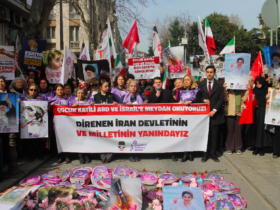
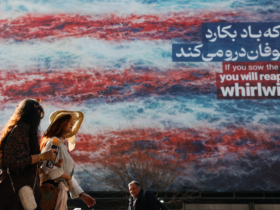

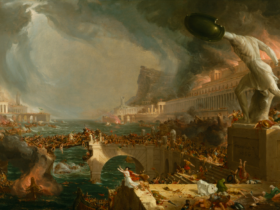
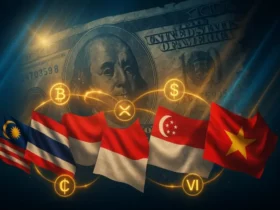




Leave a Reply